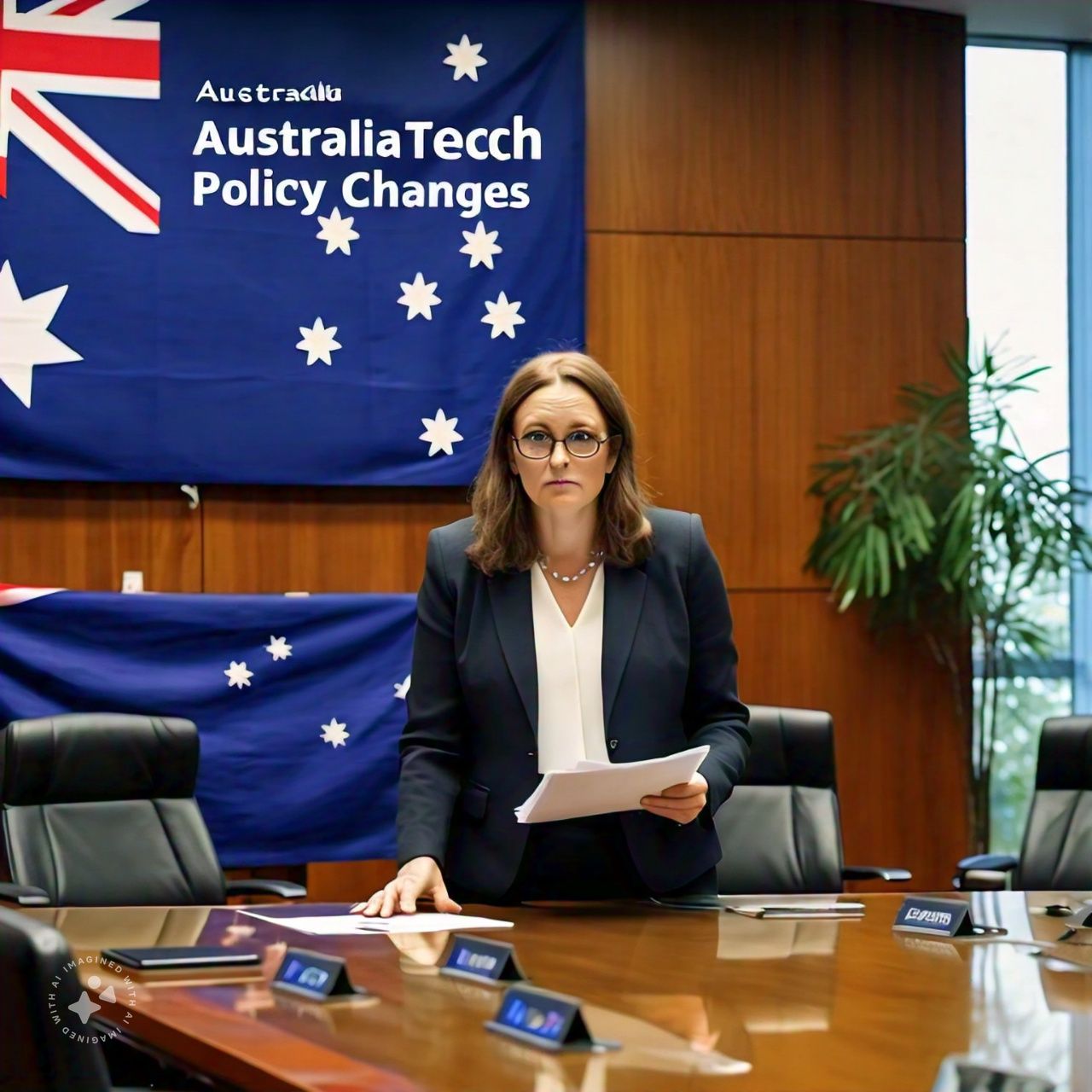The Australian tech industry is experiencing rapid growth, driven by increased government focus and investment in innovation, technology, and digital infrastructure. As 2024 unfolds, several key policy changes have been introduced to foster growth, address challenges, and ensure the tech sector remains competitive globally. These new policies span areas such as data privacy, artificial intelligence (AI), cybersecurity, and sustainability, shaping the future landscape of technology in Australia.
In this article, we will explore the most significant policy changes in Australia’s tech industry in 2024 and how they are likely to impact businesses, developers, and technology professionals.
1. Enhanced Data Privacy Regulations
With data being central to modern technology, privacy concerns are paramount. The Australian government has implemented stricter data privacy regulations in 2024, building on the existing Privacy Act 1988. The new amendments place greater accountability on businesses and tech companies regarding data collection, storage, and sharing.
Under these enhanced regulations:
- Data breach notification rules have been tightened, requiring faster reporting of breaches.
- Stronger penalties for non-compliance have been introduced, with significant fines for companies that mishandle sensitive data.
- Expanded consumer rights now allow individuals to request more detailed information about how their data is used and stored.
These changes aim to protect consumers in an increasingly digital economy while encouraging companies to adopt stronger data protection practices.
2. Artificial Intelligence (AI) Governance
As AI technologies rapidly evolve, Australia has taken steps to regulate their use responsibly. In 2024, the government introduced the AI Governance Framework, focusing on ethical AI development and deployment.
Key elements of this policy include:
- AI transparency: Companies must disclose when AI is used in decision-making processes, especially in critical sectors like finance, healthcare, and law enforcement.
- Bias prevention: AI systems must be trained on diverse datasets to avoid biases that could lead to unfair outcomes.
- AI ethics guidelines: These ensure AI technologies are developed and used in ways that prioritize human rights, fairness, and accountability.
The goal is to foster innovation while mitigating the risks associated with unchecked AI development, promoting trust in AI-driven systems across industries.
3. Cybersecurity Reforms
With the rising threat of cyberattacks, the Australian government has introduced robust cybersecurity reforms in 2024. These reforms are aimed at strengthening the nation’s digital infrastructure and protecting businesses from increasingly sophisticated cyber threats.
The 2024 Cybersecurity Act includes:
- Mandatory cybersecurity standards for businesses and tech companies, particularly those in critical infrastructure sectors like energy, healthcare, and finance.
- Increased collaboration between the government and private sector to share intelligence and best practices on emerging cyber threats.
- Support for small and medium-sized enterprises (SMEs) to enhance their cybersecurity capabilities through grants and incentives.
By establishing a more resilient cybersecurity framework, Australia is better positioned to combat cyberattacks and protect its digital economy.

Key AustraliaTech Policy Changes in 2024
4. Sustainability and Green Tech Initiatives
Sustainability has become a core focus for Australia in 2024, with new policies aimed at promoting green technology and reducing the environmental impact of the tech industry. These policies encourage the development and adoption of energy-efficient technologies, while also addressing e-waste management.
Key initiatives include:
- Incentives for green tech startups: Companies developing renewable energy solutions, smart grids, and environmentally friendly products can now access government grants and tax incentives.
- E-waste reduction programs: Tech companies are now required to implement e-waste recycling programs, ensuring that outdated devices are properly disposed of or repurposed.
- Carbon-neutral goals: The government is encouraging tech companies to commit to carbon neutrality by 2030, with new guidelines for reducing energy consumption and carbon emissions in data centers and manufacturing processes.
These initiatives are designed to position Australia as a leader in the global green tech movement, while also addressing climate change concerns.
5. Digital Inclusion Policies
Digital inclusion is another priority for Australia in 2024, as the government aims to ensure that all citizens have access to the benefits of the digital economy. The Digital Inclusion Policy focuses on bridging the digital divide by providing greater access to technology in remote and underserved communities.
Key aspects of this policy include:
- Increased funding for digital literacy programs, particularly for seniors, indigenous communities, and low-income families.
- Expansion of broadband infrastructure in rural areas to provide reliable internet access.
- Support for digital entrepreneurship in disadvantaged regions, with grants available to tech startups and small businesses.
By addressing digital inequality, Australia is working to create a more inclusive tech landscape, where everyone can participate in and benefit from technological advancements.
Conclusion
The tech policy changes in Australia for 2024 represent a bold step toward a more innovative, secure, and inclusive digital future. Enhanced data privacy regulations, AI governance, cybersecurity reforms, sustainability initiatives, and digital inclusion policies are shaping the landscape for businesses and individuals alike. As these policies continue to evolve, the Australian tech industry is well-positioned to remain competitive on the global stage while addressing the challenges and opportunities of the digital age.
FAQs
- What are the key tech policy changes in Australia in 2024?
Key changes include enhanced data privacy regulations, AI governance frameworks, cybersecurity reforms, and initiatives focused on sustainability and digital inclusion. - How will the new AI governance policies affect businesses?
Businesses will need to ensure transparency in AI use, avoid biased outcomes, and adhere to ethical guidelines when deploying AI technologies. - What support is available for green tech startups in Australia?
The government offers grants and tax incentives for startups focusing on renewable energy, smart grids, and environmentally friendly products.




































Leave a Reply